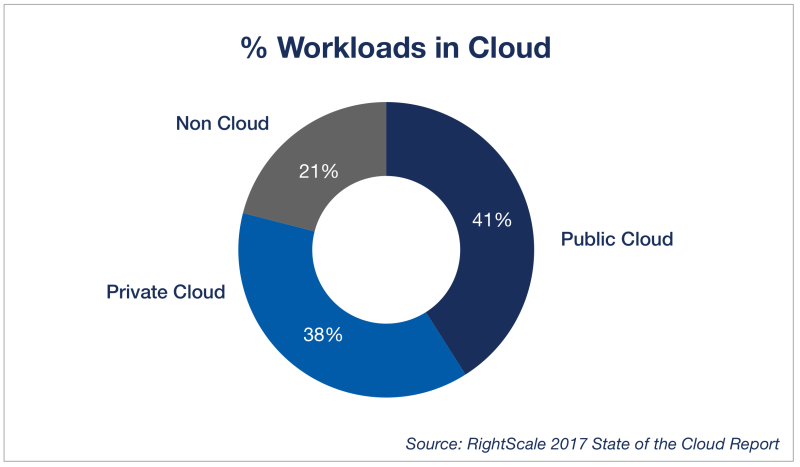
In IT industry, the most famous and attractive word after the “Internet” is “Cloud computing”. Cloud computing provides platform to store and access your files from anywhere, anytime and any device. Invention of internet is the base for development of Cloud Computing platform. Big companies are entered into the cloud computing market due its huge market share. Regardless of industries, all are using Cloud Computing services, due to its flexibility, scalability, reliability, simplicity, availability (24/7) and low cost.
Based on location service, there are three types of cloud computing services available in the market:
- Private Cloud
- Public Cloud
- Hybrid Cloud
Private Cloud stores all your files stored in your own premises (onsite) and able to access your files anywhere, anytime with any devices. Ex. OwnCloud, Openstack, Cloudstack etc.
Public Cloud stores all your files in the remote locations (offsite) and able to access your files anywhere, anytime and any devices. Ex: Amazon AWS, Microsoft Azure, Google Cloud, IBM Cloud etc
Hybrid Cloud stores your files in your own premises and remote locations. It consist of private cloud and public cloud. Ex. Healthcare Industries, Law industries etc.
Based on deployment service, there are several types of cloud computing services available in the market:
- IaaS (Infrastructure-as-a-Service)
- SaaS (Software-as-a-Service)
- PaaS (Platform-as-a-Service)
Security:
Security is an important and one of the main concern when discussing about cloud computing. Those are needed high security for their data use Private cloud due to the server located in their own premises. The mindset about the security is changing now a days. From small companies to big companies, they are ready to move forward towards the big companies cloud services, like Amazon AWS, Microsoft Azure, Google Cloud and IBM Cloud. All these big companies are following the cloud privacy and security frame work like
All cloud service providers are committed to complying with applicable data protection laws. Few frameworks which protect the customer and business owner data are as follows:
ISO 27017 is an international standard of practice for information security controls based on ISO/IEC 27002, specifically for cloud services.
ISO 27001 is one of the most widely recognized, internationally accepted independent security standards.
The American Institute of Certified Public Accountants (AICPA) SOC 2 (Service Organization Controls) and SOC 3 audit framework defines Trust Principles and Criteria for security, availability, processing integrity, and confidentiality.
ISO 27018 is an international standard of practice for protection of personally identifiable information (PII) in public cloud services.
The Privacy Shield Frameworks are designed to provide a mechanism to comply with data protection requirements when transferring personal data from the European Union and Switzerland to the United States in support of transatlantic commerce.